If you want to keep your kitchen clean, there are several tips you can use. These include preventing messes, cleaning as you go, disinfecting surfaces, and eliminating odours. Before you can clean your kitchen, you should identify what needs to be cleaned. In addition to cleaning the sink and other fixtures, you should wash the cutting board and the floor.
Preventing messes
One way to prevent messes in the kitchen is to use a large trash can close to your work area. This way, you can throw away spilt food and water quickly. Similarly, a large bowl can catch used spoons and other kitchen utensils. Also, you can use a wet dishrag to clean up messes.
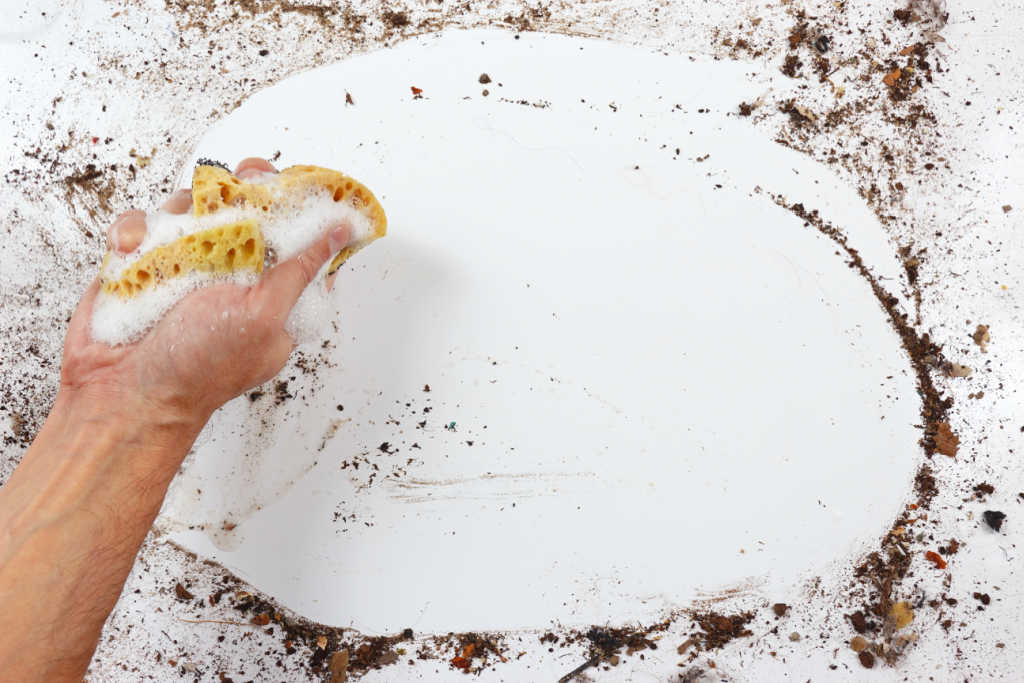
A messy kitchen can attract pests, which feed on junk and grime. Leaving ingredients and leftovers out on the counter may attract black ants, which are attracted to sugary foods and residue. Also, you should keep food in sealed containers, as these keep pests out.
Cleaning as you go
When you are preparing food in the kitchen, you need to clean up as you go. This will prevent the spread of germs and keep the kitchen sanitary. This means washing your hands regularly and disinfecting the counters before you begin cooking. You also need to keep a disinfecting wipe on hand so that you can disinfect your kitchen tools as you prepare meals.
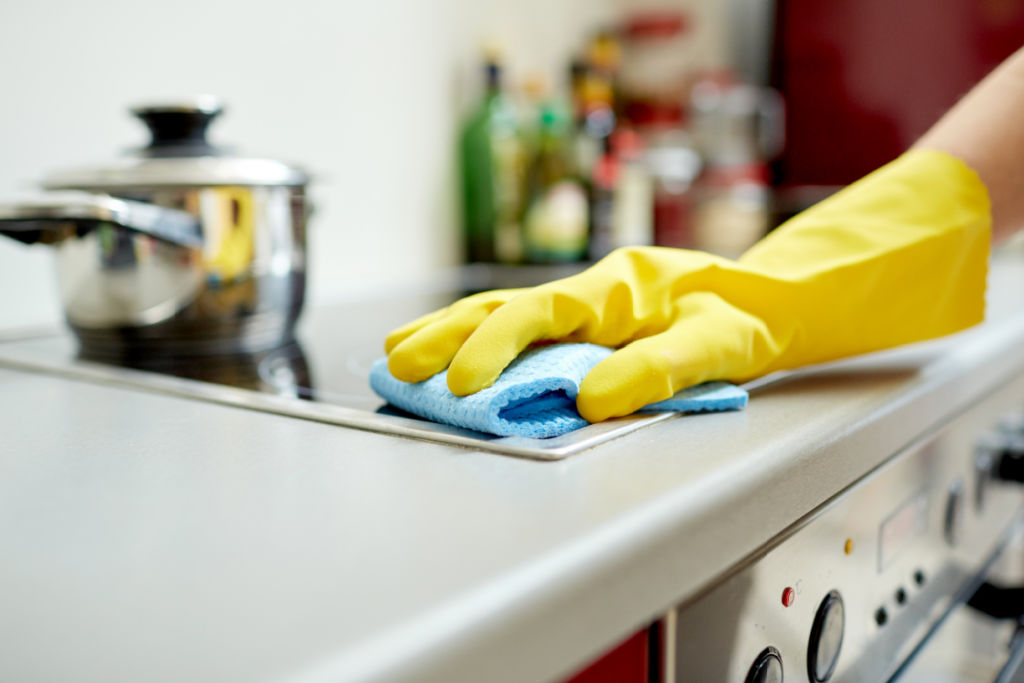
Keep in mind that cleaning as you go will take some discipline, but it will eventually become second nature. Once you’ve mastered this habit, it becomes muscle memory, allowing your mind to focus on other tasks. This is a similar idea to working in a clean office, where you’re supposed to be more productive.
Disinfecting surfaces
Disinfecting surfaces in the kitchen is important to keep them free of germs and bacteria. Sinks, countertops, utensils and other high-touch surfaces should be disinfected regularly. These items often come into contact with raw meat, poultry or other foods. Disinfecting these items should be done using food-safe techniques.
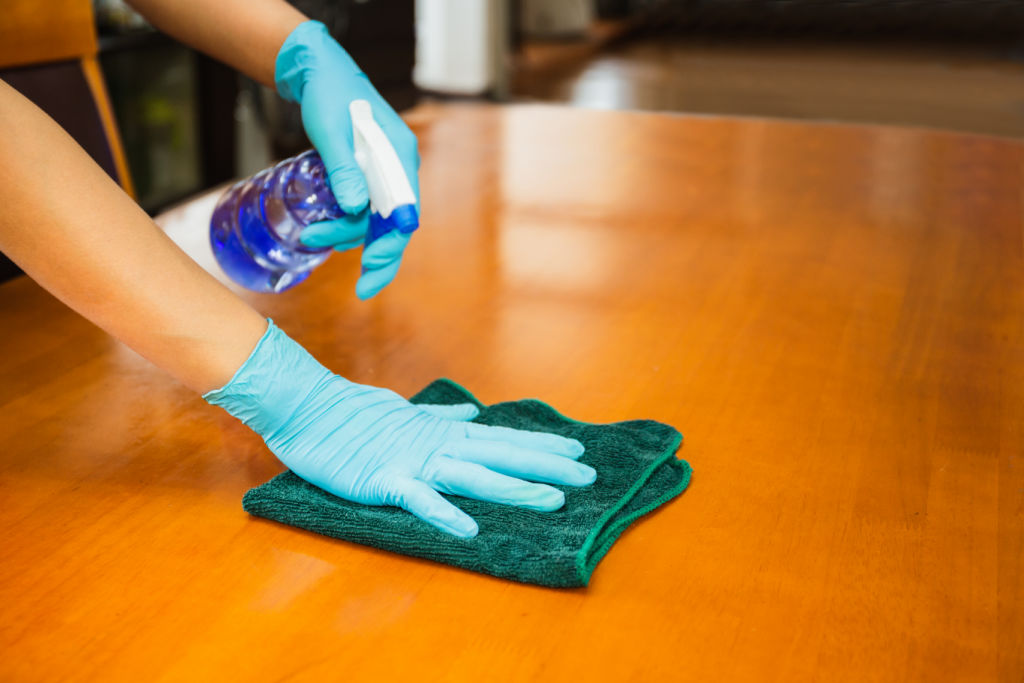
Disinfectants are available in a variety of forms. Some are simple wipes that you can use to disinfect kitchen surfaces, while others have more advanced features. They come with directions and should be used according to them. For example, Clorox Disinfecting Wipes recommend leaving hard surfaces wet for four minutes. Other products, such as Clean-Up Cleaner with Bleach, advise letting disinfectants sit for 30 seconds. It is important to allow the disinfectant to fully kill germs and viruses.
Eliminating odors
One of the easiest ways to keep your kitchen smelling fresh and clean is to eliminate odours. You can either purchase an odour-eliminating spray or make your own. You can also use baking soda or charcoal to absorb bad smells. Using these products will make your kitchen smell fresher for longer.
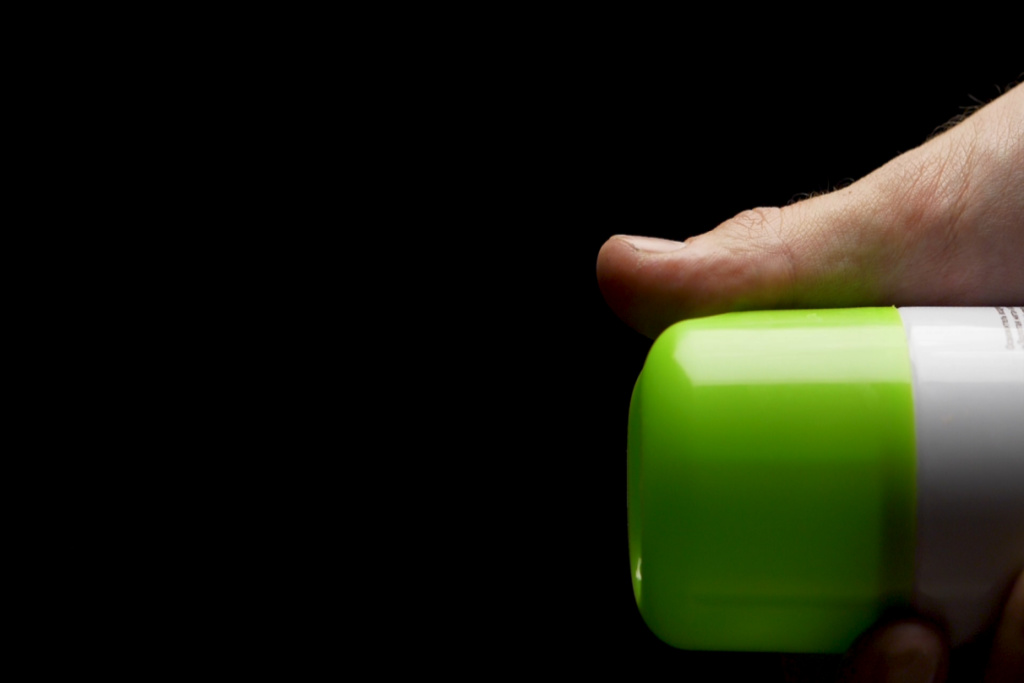
Baking soda has antibacterial and antifungal properties that help neutralize odours. A simple solution of baking soda and water can be placed inside the refrigerator. This mixture will work to neutralize odours in a matter of hours. You can also place the open box of baking soda in the freezer to keep it fresher for longer.
Cleaning plastic tins and boxes
Cleaning plastic tins and boxes can be an annoying chore, especially during the back-to-school season. The first step to cleaning plastic containers is to rinse them immediately after you use them. This will help remove any leftover food smells. Alternatively, you can use dish soap and hot water mixture. Rinse the plastic containers thoroughly after applying the detergent.
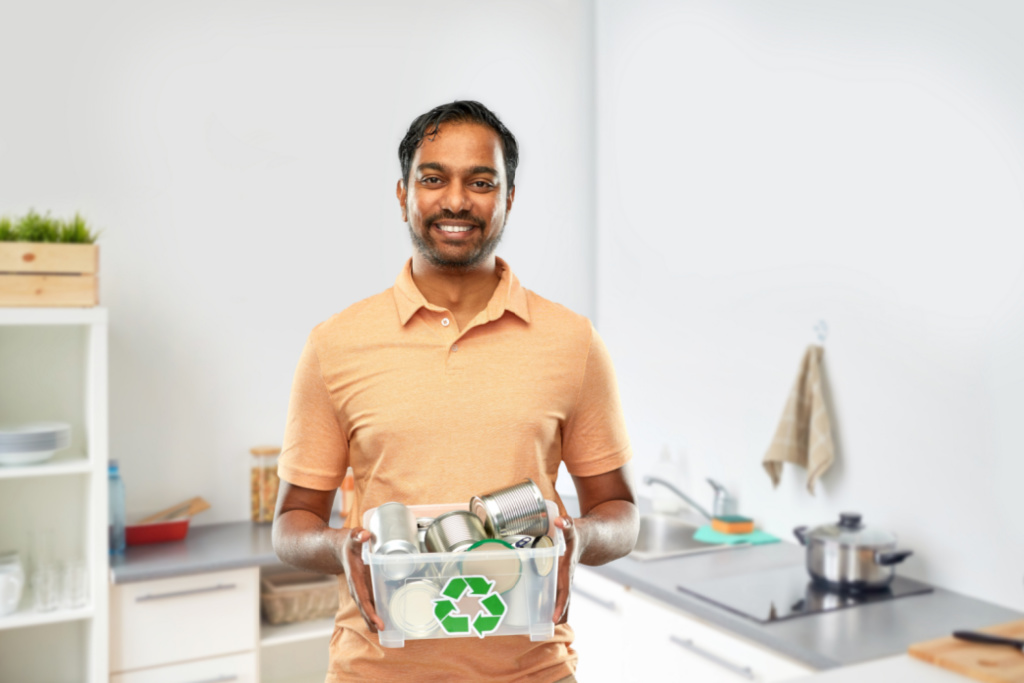
Plastic containers hold odours for a long. If you don’t clean them properly, this odour can contaminate freshly cut vegetables and ruin the taste of your food. Luckily, you can easily eliminate the pungent smell by following a few tips. For instance, you can use a sponge with detergent and water to clean plastic tins and boxes.
Cleaning your sink
Keeping your sink clean is an essential part of your kitchen cleaning routine. Your sink drain contains up to 18,000 bacteria per square inch, making it a major breeding ground for bacteria. These bacteria can be transferred to your hands if you use the handles of your faucet. So, before you begin to wash your dishes, you should remove as much food waste from the sink as possible. This will help to prevent clogging of the drain and the growth of unwanted odours.
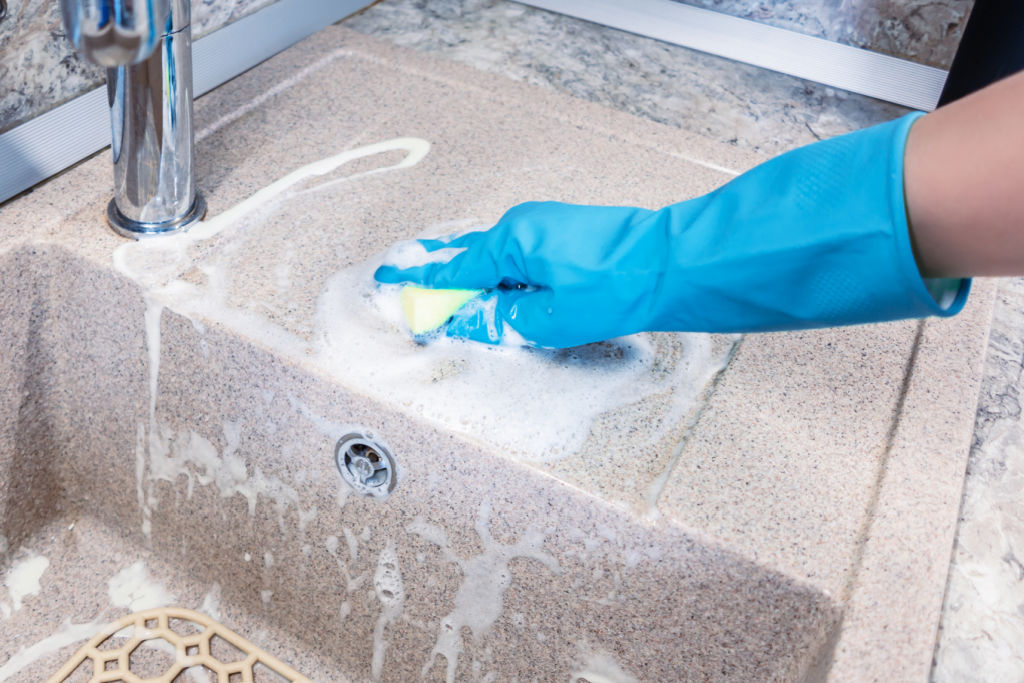
You can use hot water to clean your sink, but remember to also clean your sink’s drain strainers and stoppers. You can also try cleaning your sink with a mixture of baking soda and vinegar. After applying the solution, wait a few minutes and rinse thoroughly. If you still have stubborn stains, you can use rubbing alcohol to disinfect your sink. This solution contains about 70 per cent isopropyl alcohol and will help remove stubborn water stains. To clean the sink, you can also use dry 0000 steel wool or dish soap.
Cleaning your counters
If you want your kitchen to look clean, make sure that you regularly clean your counters. This simple chore can be a tedious and time-consuming process. Fortunately, there are several tips to keep your counters spotless. The most important tip is to wipe your counters dry with a microfiber cloth. This will make them gleam.

Bleach can be used to clean your counters. Use a household bleach solution that is diluted with warm water, then wipe your counters clean with a reusable cloth. For some counter surfaces, you can use a disinfecting spray, but be sure to check the label for specific instructions. You can also use alcohol to clean certain materials, such as engineered stone and quartz. Be sure to use rubber gloves when cleaning countertops to protect your skin.
